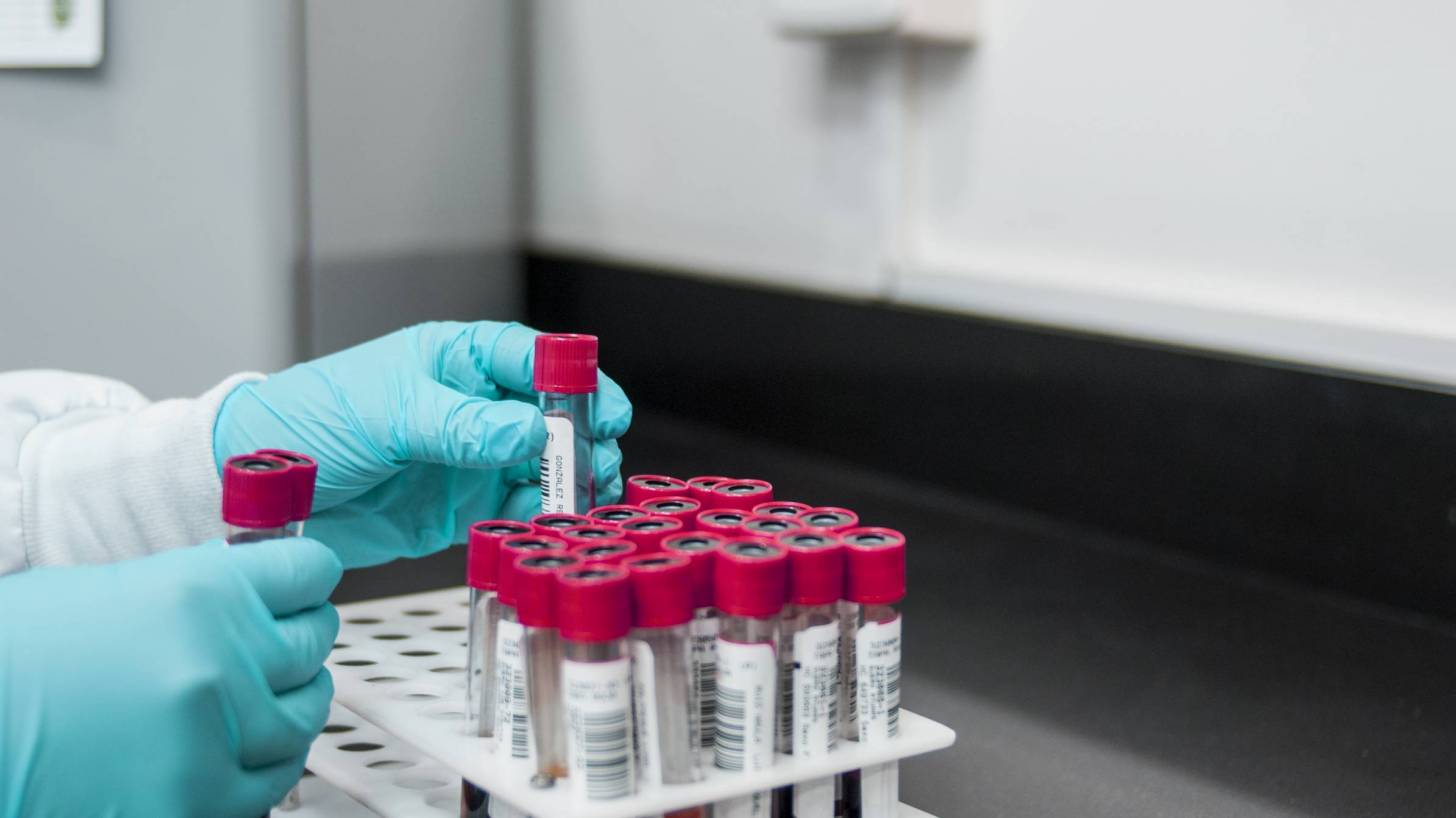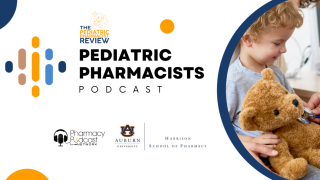Editorial: U.S. FDA’s Experience with COVID-19 Antibody Tests

An editorial published by The New England Journal of Medicine (NEJM) highlights ‘establishing robust and coordinated national and international mechanisms for generating evidence and gathering, sharing, and disseminating information will be critical to ending the current pandemic and addressing future public health emergencies.’
‘Moving forward, the US Food and Drug Administration (FDA) will continue to take steps to ensure the timely availability of accurate and reliable antibody tests to meet the public health need as the pandemic evolves,’ wrote Jeffrey Shuren, M.D., J.D., and Timothy Stenzel, M.D., Ph.D., on February 13, 2021.
Excerpts from this editorial continue below.
‘On February 4, after the declaration of a public health emergency, we began authorizing tests to diagnose active infections. In such an emergency, the FDA can grant an emergency use authorization (EUA) for medical products based on a scientific evidence review. Applying the lower EUA standard rather than waiting to grant full approval based on more extensive evidence expedites access to accurate tests.
After reports of asymptomatic cases, it became clear that we needed additional strategies for understanding the true spread of SARS-CoV-2 nationwide.
Serology (antibody) tests had not been deployed or limited during prior virus outbreaks.
In this case, however, the FDA recognized that ensuring rapid and sufficient access to serology testing in the United States could advance the scientific community’s study and understanding of Covid-19 to help inform the national response.’
As of February 16, 2021, the FDA had authorized 331 coronavirus diagnostic tests, including 247 molecular tests, 70 antibody tests, and 14 antigen tests during the COVID-19 pandemic. Furthermore, 35 molecular authorizations can be used with home-collected samples.
‘Serology tests detect the body’s adaptive immune response to a past infection. Therefore, serology testing alone cannot determine whether a person is currently infected with SARS-CoV-2.
Furthermore, although experience with other viruses suggested that the presence of antibodies to SARS-CoV-2 might confer some protection against reinfection, we didn’t know whether the presence of any antibodies — or a certain level of antibodies — meant that a person was immune to reinfection, and, if so, how long that immunity would last.
To facilitate early access to serology tests for laboratories and health care providers, the FDA published guidance on March 16 that permitted developers to market their tests without a EUA as long as the test was validated, the FDA was notified, and test reports included important information about limitations, including statements indicating that the FDA had not reviewed the test and that results could not be used to diagnose or exclude infection.
At the time, serology tests were generally not used during patient care.
We put additional safeguards in place by limiting their use to laboratories certified by the Centers for Medicare and Medicaid Services to perform high-complexity testing under the Clinical Laboratory Improvement Amendments (CLIA). Such laboratories have personnel with the expertise to consider test performance and choose the best test for a given purpose.
Developers of serology tests intended for use in homes or at the point of care, such as in physicians’ offices (unless a laboratory’s CLIA certificate covered them), still had to submit a EUA application and have their tests authorized by the FDA. We planned to revisit this policy after authorizing several serology tests.
In hindsight, however, we realized that the policy outlined in our March 16 guidance was flawed.
As of February 1, 2021, the FDA had removed listings for 225 tests from our website, issued 15 warning letters, and placed 88 firms on import alert for violations.
Meanwhile, since March, the FDA had been working with the National Institutes of Health (NIH), the Centers for Disease Control and Prevention, and the Biomedical Advanced Research Development Authority to help the National Cancer Institute (NCI) establish the capacity to evaluate serology tests to help inform the FDA’s regulatory decisions regarding individual tests.
The NCI assembled evaluation panels consisting of 30 frozen SARS-CoV-2 antibody–positive serum samples and 80 frozen antibody-negative serum and anticoagulant citrate dextrose solution formula A plasma samples. The panel size and composition were chosen to enable laboratory-based evaluation and provide reasonable estimates and confidence intervals for test performance given limited sample availability.
This effort marked the first time the federal government evaluated tests itself to inform FDA authorizations. Subsequently, the NIH leveraged relationships with academic centers, which performed initial evaluations of promising point-of-care and at-home Covid-19 diagnostic tests under its RADx (Rapid Acceleration of Diagnostics) initiative.
The relevant facts and actors — and the FDA’s actions — differed in the case of serology tests, as did the lessons we learned.
First, our experience with serology tests underscores the importance of authorizing medical products independently, based on sound science, and not permitting market entry of tests without authorization.
Knowing what we know now, we would not have permitted serology tests to be marketed without FDA review and authorization, even within the limits we initially imposed. Although other factors may have driven unauthorized products to flood the marketplace, our March 16 policy allowed it to happen.
Second, the federal government should coordinate the preparation of a public–private research plan to address epidemiologic questions regarding disease spread and immunity at the beginning of an outbreak as part of its preparedness plan. A coordinated effort would help ensure the timely conduct of needed studies, minimize duplicative research, and make the best use of federal resources.
Third, we should establish the capacity within or on behalf of the federal government to evaluate test performance before outbreaks occur so that independent evaluation can be performed quickly during an outbreak.
Our collaboration with the NCI showed us the value of this approach.
Combined with FDA authorization, this strategy could permit rapid independent assessment of molecular diagnostic, antigen, and serology test accuracy and minimize developers' need to find patient specimens or other clinical samples to validate their tests, thereby expediting the availability of accurate tests.
The federal government should also consider the utility of this approach for technologies used outside an outbreak. For example, the NIH’s RADx initiative could be continued and expanded beyond Covid-19. Over the long term, we need a common approach to validating test design and performance.
Fourth, the scientific and medical communities should understand the purpose and clinical use of serology tests and how to use test results, in general, to inform patient care appropriately.
Ongoing education is paramount in any public health emergency response as scientific knowledge evolves, particularly given the misuse of serology tests for diagnosis, the potential for false-positive results when a single test is used in populations with a low rate of infection, and the perception of immunity. Our approach to testing needs to be consistently updated and guided by sound science.
Finally, all parties involved in public health emergency response need better information more quickly.
Just as medical professionals rapidly tried to learn how Covid-19 was affecting patients and how best to treat them, the FDA had to adapt with limited and evolving information, particularly during the early days of the outbreak,’ concluded the edited excerpts from these FDA leader’s NEJM editorial.
The US Centers for Disease Control and Prevention Data Tracker reported about 317 million RT-PCR diagnostic tests, excluding antibody and antigen tests, have been performed to confirm SARS-CoV-2 virus infections as of February 16, 2021.
PrecisionVaccinations published research-based news.
Our Trust Standards: Medical Advisory Committee

























